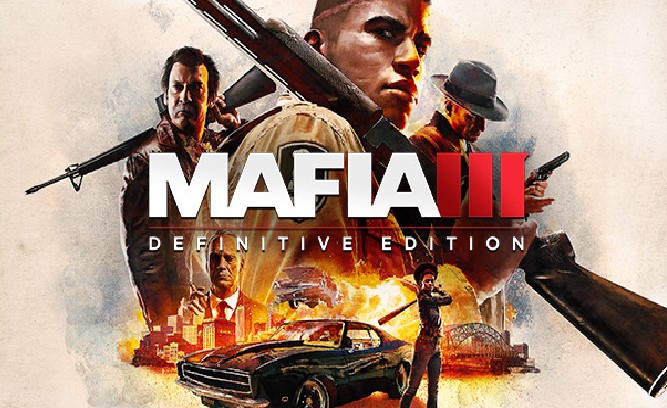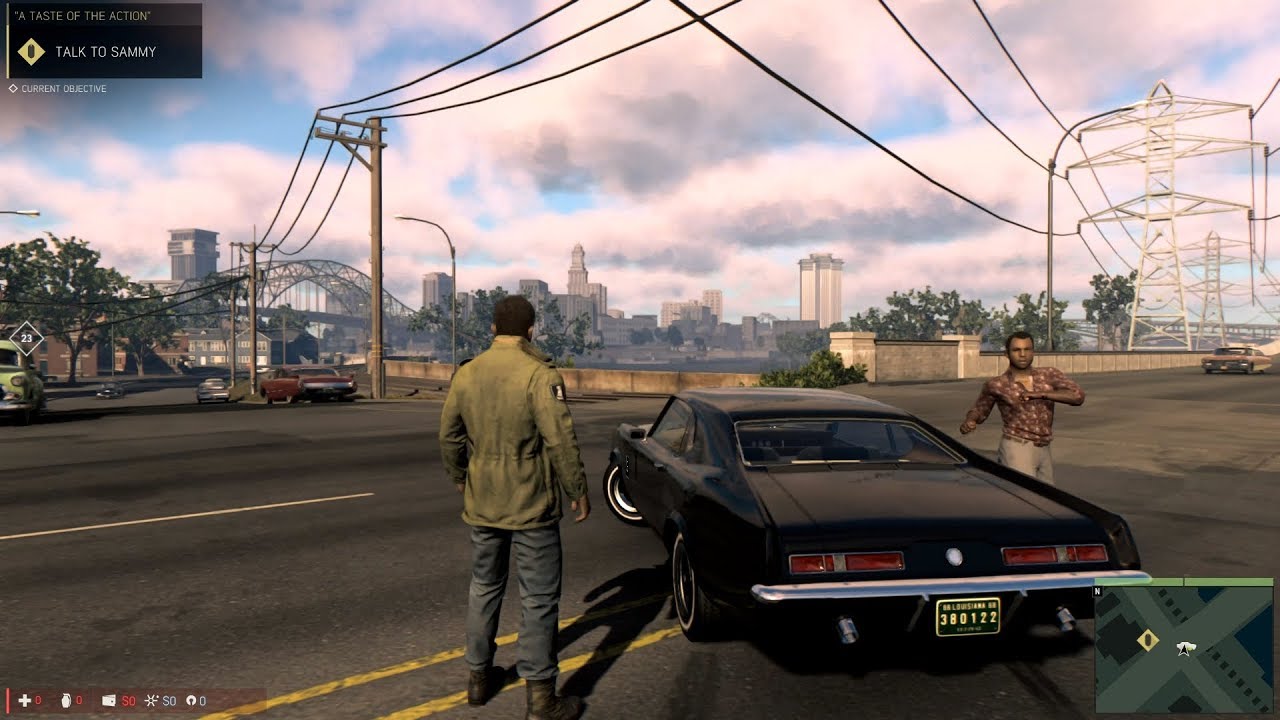


What it delivers though is a bit of a mixed bag.

Driving through a living, breathing world filled with music, conversation and people going about their day is something Mafia attempts to achieve. It cleverly contrasts racist rhetoric with black advancements and culture through music, literature, and movies. Racism, sexism and general prejudice naturally rear their ugly heads, but Mafia III deals with it in a mature way, engaging with the racism inherent in New Orleans, the place New Bordeaux is based on. Luckily, this is not the only way Mafia engages with narrative its dedication to historical accuracy is rather wonderful, using time appropriate clothes, speech, music and culture. This is about as in-depth as I can go without spoiling one of Mafia III’s best features – its story. As Lincoln, you take out the Haitian mob and agree to pull off a bank heist to pay off Sal. You also find out Sammy is in debt to mob boss Sal Marcano. Upon seeing things aren’t so good at home, and his surrogate father Sammy is in a war with the Haitian Mob, you decide to stay and help out. In Mafia III, you play the role of Lincoln Clay, returning home from Vietnam in 1968 to his old neighbourhood of New Bordeaux.


 0 kommentar(er)
0 kommentar(er)
